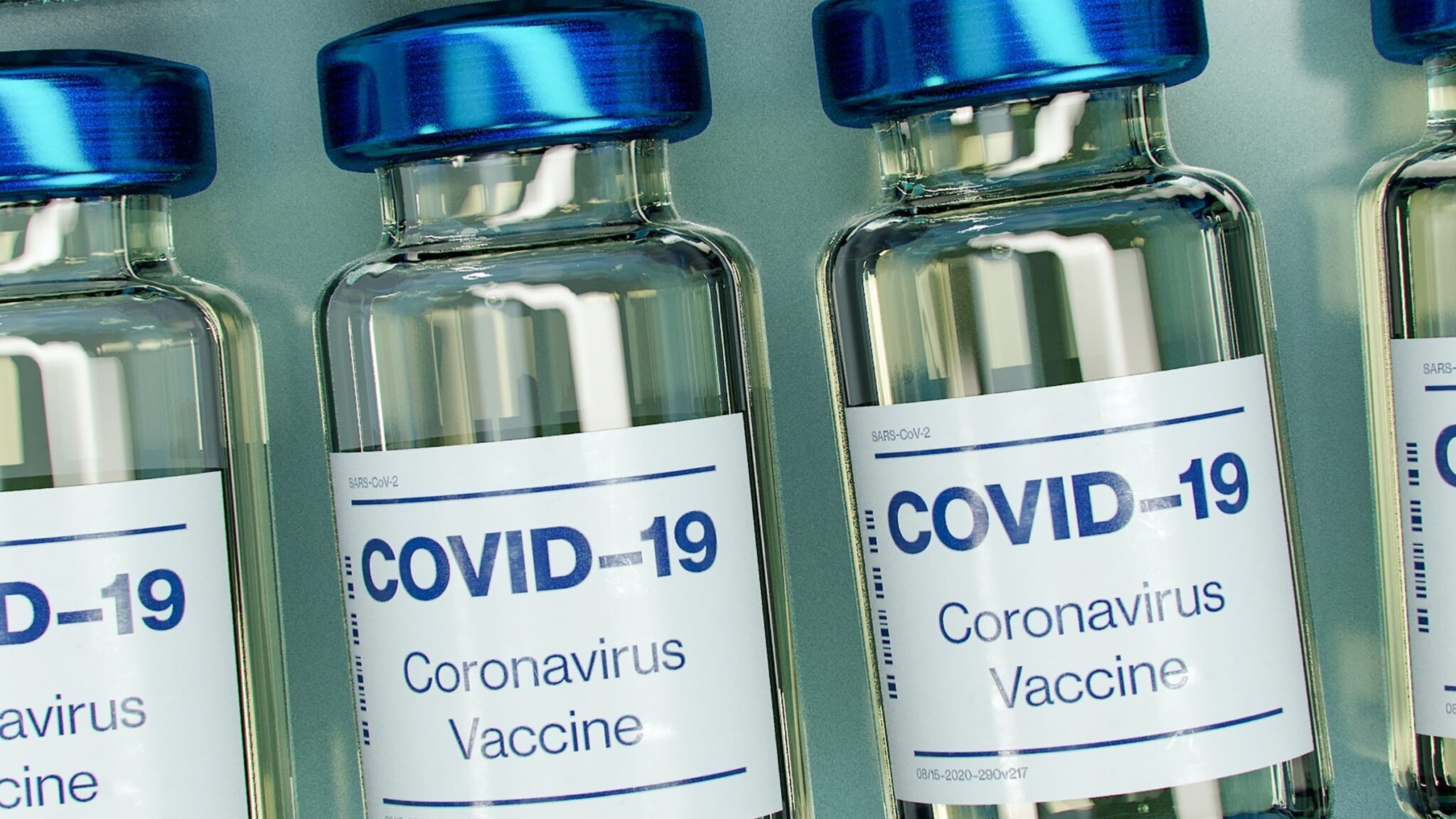The World Health Organization has recommended the use of two new drugs — baricitinib and sotrovimab — that would give coronavirus-infected patients more options to treat COVID-19 amid rising Omicron variant cases.
Omicron is establishing itself to be the most prevalent and virulent variant, forcing professionals to look for options to treat it. WHO data shows Omicron is the most common variant in nearly 150 countries.
WHO recommended baricitinib — which is the generic name for a drug used in the treatment of rheumatoid arthritis in adults — as part of a treatment for patients suffering from severe or critical covid-related symptoms. Sotrovimab is a new drug that is conditionally suggested for treating mild or moderate COVID-19 in patients who are at high risk of hospitalization.
An oral drug, baricitinib, belongs to a class of drugs that suppresses the overstimulation of the immune system and is recommended to be given with corticosteroids.
A monoclonal antibody drug, sotrovimab, is suggested for patients who are older or immunocompromised. It can also be given to patients who have underlying conditions like diabetes, hypertension, and obesity, and those unvaccinated.
WHO’s communication officer Christian Lindmeier referred to the documents underlining the ongoing uncertainties with the two drugs. Although the drugs might soon be available, there is little evidence of safety and efficacy in children and pregnant and lactating women.
WHO’s recommendations come after examining evidence from seven trials involving more than 4,000 patients with non-severe, severe, and critical COVID-19.
Both drugs have been invited for WHO prequalification, which evaluates the quality, efficacy and safety of priority health products to increase access in lower-income countries.
Experts meanwhile warned against the use of two other drugs. Ruxolitinib, which is used for myelofibrosis, and tofacitinib, which is used to treat rheumatoid arthritis, psoriatic arthritis, and ulcerative colitis, for patients with severe or critical cases of COVID-19 infection.
Both the drugs failed to demonstrate any advantage from their use and, trials indicated a potential growth in severe side effects with tofacitinib.
Meanwhile, Health Canada approved Paxlovid, Pfizer’s oral antiviral treatment. The approval is in effect for adults 18 and older with mild-to-moderate coronavirus symptoms or a confirmed positive test or are at high risk for progression to severe COVID-19, including hospitalization or death.
It is the first treatment in Canada that can be taken at home, but it doesn’t replace the vaccine, Health Canada said.
“Vaccination remains the most important tool in preventing serious illness from COVID-19 infection,” Health Canada stated. “Both the Public Health Agency of Canada and Health Canada continues to strongly recommend vaccination for all eligible Canadians, including those who are pregnant, may become pregnant or are breastfeeding.”
Kevin Mohamed, Pfizer Canada hospital business unit lead, said Paxlovid offers a ray of hope as pressure on the healthcare system increases due to the ongoing pandemic by offering another option in treating the disease.

